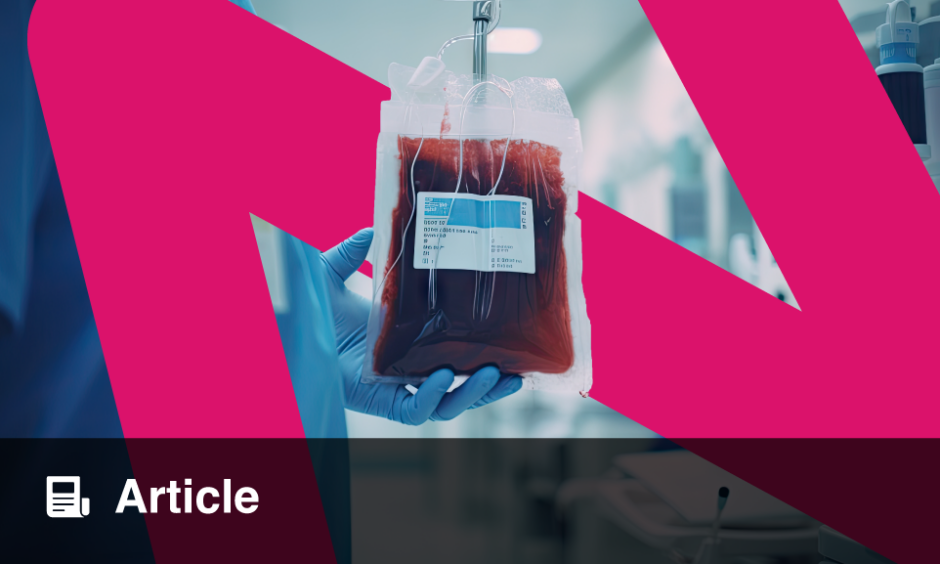RECENT research suggests that neutrophils may play a crucial role in cytokine release syndrome (CRS), a severe and life-threatening side effect of CAR-T therapy. CRS is a common issue among patients undergoing CAR-T therapy, with up to 20% of patients experiencing severe illness, including multi-organ failure. The study, led by Professor Muneesh Tewari, identified the process of ‘NETosis’ as a potential contributor to CRS. During NETosis, neutrophils release DNA to webs that trap bacteria, but this process may also trigger an excessive immune response. CAR T-cell therapy, particularly targeting CD19 for B-cell malignancies, has been transformative in cancer treatment. However, it often results in CRS, characterized by fever, headache, nausea, and, in severe cases, hypotension, hypoxia, and multi-organ failure. Understanding and predicting CRS remain significant unmet needs to improve CAR-T therapy outcomes.
The researchers measured protein levels in the blood of patients undergoing CAR-T therapy at various stages of treatment. Results showed that of 26 patients, 21 had developed CRS. The analysis identified 11 protein biomarkers linked to an increased risk of CRS, many of which were related to neutrophils and NETosis. The protein levels at baseline were compared between patients who did and did not develop CRS. Notably, three of these proteins, SERPINE1 (PAI-1), TNFSF11 (RANKL), and PON3 had shown differential abundance at baseline (q-value < 0.1) and represent candidate biomarkers for predicting CRS. SERPINE1 (PAI-1) levels are known to be baseline predictors of ARDS, and COVID-19. However, this is the first study to identify this protein as a baseline predictor of CRS.
The longitudinal analysis identified 43 proteins with differing abundance profiles between CRS and non-CRS patients, including stable elevations in CD33 and dynamic changes in myeloperoxidase (MPO), a key player in neutrophil activation and NETosis. Further investigation into NETosis-related markers, citrullinated histone H3 (CitH3), and calprotectin showed significant elevation in patients who later developed CRS.
This study highlights the significant role of neutrophils and NETosis in CRS development, providing novel biomarkers for early prediction and potential therapeutic targets. The findings suggest that neutrophil overactivation and the resulting NETs amplify the inflammatory response leading to CRS. Existing FDA-approved drugs that inhibit neutrophil activation or NETosis could be promising candidates for CRS prevention, warranting further clinical trials to validate these hypotheses. These advancements pave the way for improved management of CAR-T therapy complications, enhancing patient outcomes and safety.
Aleksandra Zurowska, EMJ
Reference
Flora C et al. Longitudinal plasma proteomics in CAR T–cell therapy patients implicates neutrophils and NETosis in the genesis of CRS. Blood Advances. 2024;8(6):1422-6.







